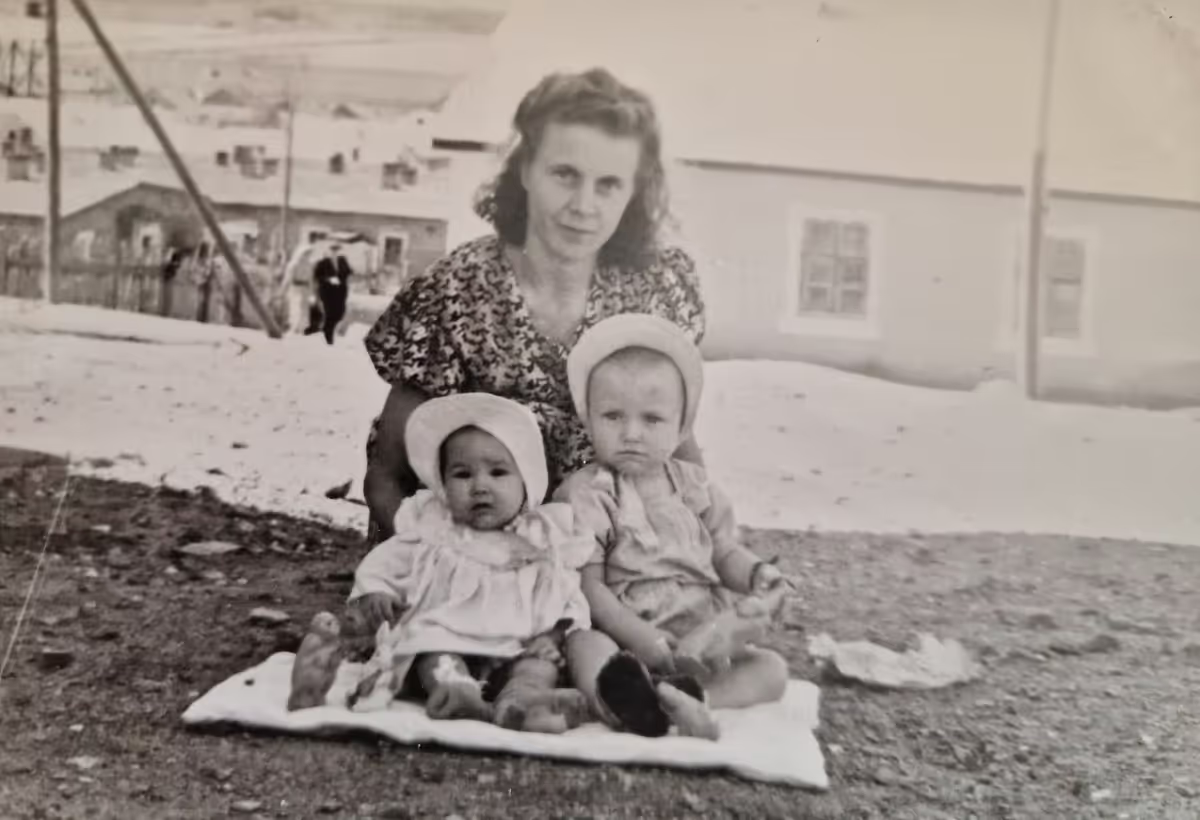What did it mean to be a relative of an anti-Soviet resistance fighter during the Soviet era?

Anti-Soviet resistance is undoubtedly one of the most topical issues in independent Lithuania, and it still has a lot of resonance in society today. Naturally, the focus of this topic is on the people who were directly involved in the movement, i.e. on the front lines. It is well known that the regime's treatment of the activists of resistance movement was extremely brutal, and that their lives during the Soviet period were made significantly more difficult in order to hold them accountable for actions that 'undermined' the Soviet regime. On the other hand, the stories of their relatives, whose life trajectories were also profoundly affected by the decisions of their family members, are far more often unheard and untold. Against this background, this study aims to explore what life in Soviet Lithuania might have been like for people whose relatives were involved in the anti-Soviet resistance. The researchers are interested in the consequences that contacts with the participants of this resistance might have had on the attitudes of the people around them and of the society, on the difficulties in various spheres of life, on the well-being and the lifestyle of the interviewees during the Soviet period.
See the website of the project here: https://mokslinisdarbas.wixsite.com/partizanugiminaiciai?ref=vilniusuniversity.ghost.io
Illustration source: personal archive of one of the participants. Photo shows the interviewee with her mother and a Kazakh girl. Kazakhstan, Karaganda region, Temirtau city (circa 1956).